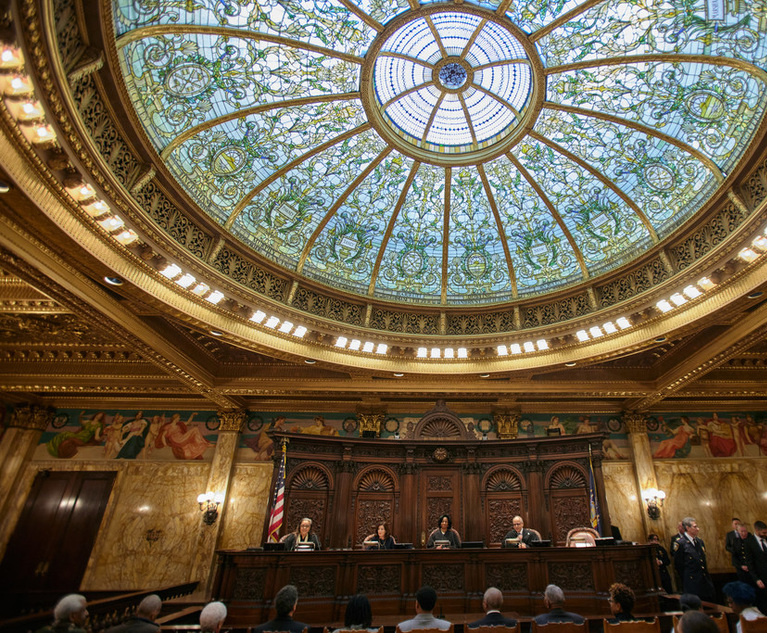 As the nation grapples with the COVID-19 pandemic, in-person life has been paused and the concept of “social distancing” has become part of our everyday vocabulary. Eventually stay-at-home orders will be lifted and people will re-enter life outside the home, but social distancing recommendations are expected to remain for the foreseeable future. Social distancing will raise a number of legal issues, including effectuating hand delivery service of process on natural persons. This article will review New York’s service of process requirements and explore whether changes need to be made to strike a different balance of interests in our new social distanced world.
As the nation grapples with the COVID-19 pandemic, in-person life has been paused and the concept of “social distancing” has become part of our everyday vocabulary. Eventually stay-at-home orders will be lifted and people will re-enter life outside the home, but social distancing recommendations are expected to remain for the foreseeable future. Social distancing will raise a number of legal issues, including effectuating hand delivery service of process on natural persons. This article will review New York’s service of process requirements and explore whether changes need to be made to strike a different balance of interests in our new social distanced world.
It is a bedrock principle of our legal system that parties to a litigation must be made aware of legal proceedings brought against them. Recognizing, however, that it can be difficult to personally serve natural persons, it is well settled that service of process can be obtained by methods other than by personal hand delivery and still pass constitutional muster. In Milliken v. Meyer, the Supreme Court held that that the “adequacy so far as due process is concerned is dependent on whether or not the form of substituted service provided for such cases and employed is reasonably calculated to give him actual notice of the proceedings and an opportunity to be heard.” 311 U.S. 457, 463 (1940). New York, like all states, allows for such non-hand delivery substitute service, but historical concerns with “sewer service” resulted in New York having among the highest “due diligence” thresholds before non-hand delivery substitute service is permitted.






